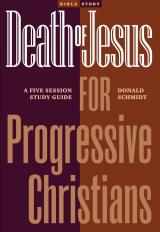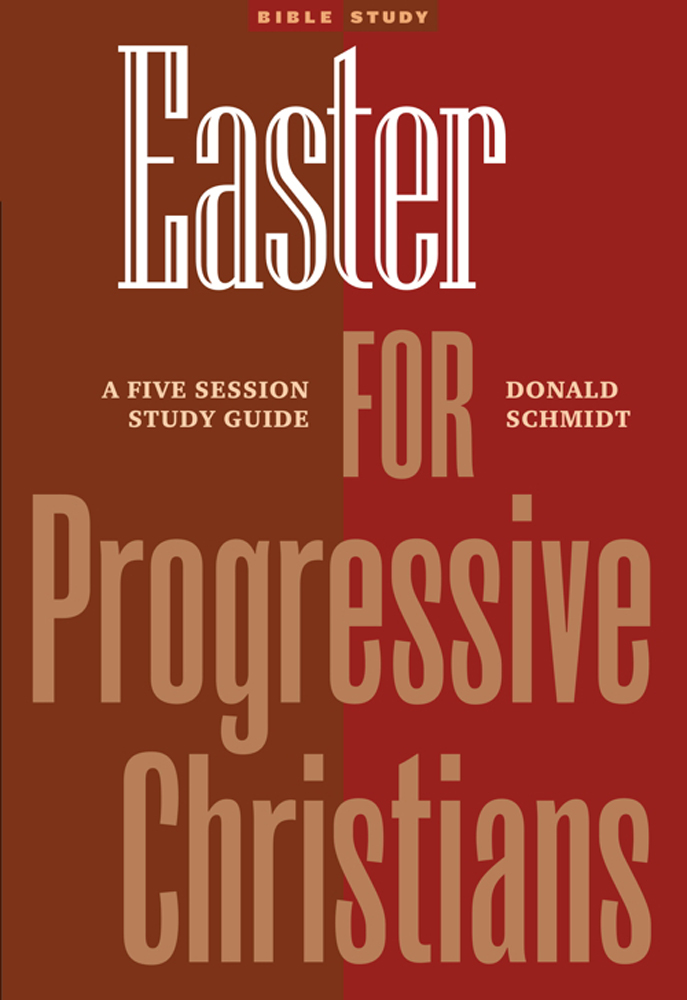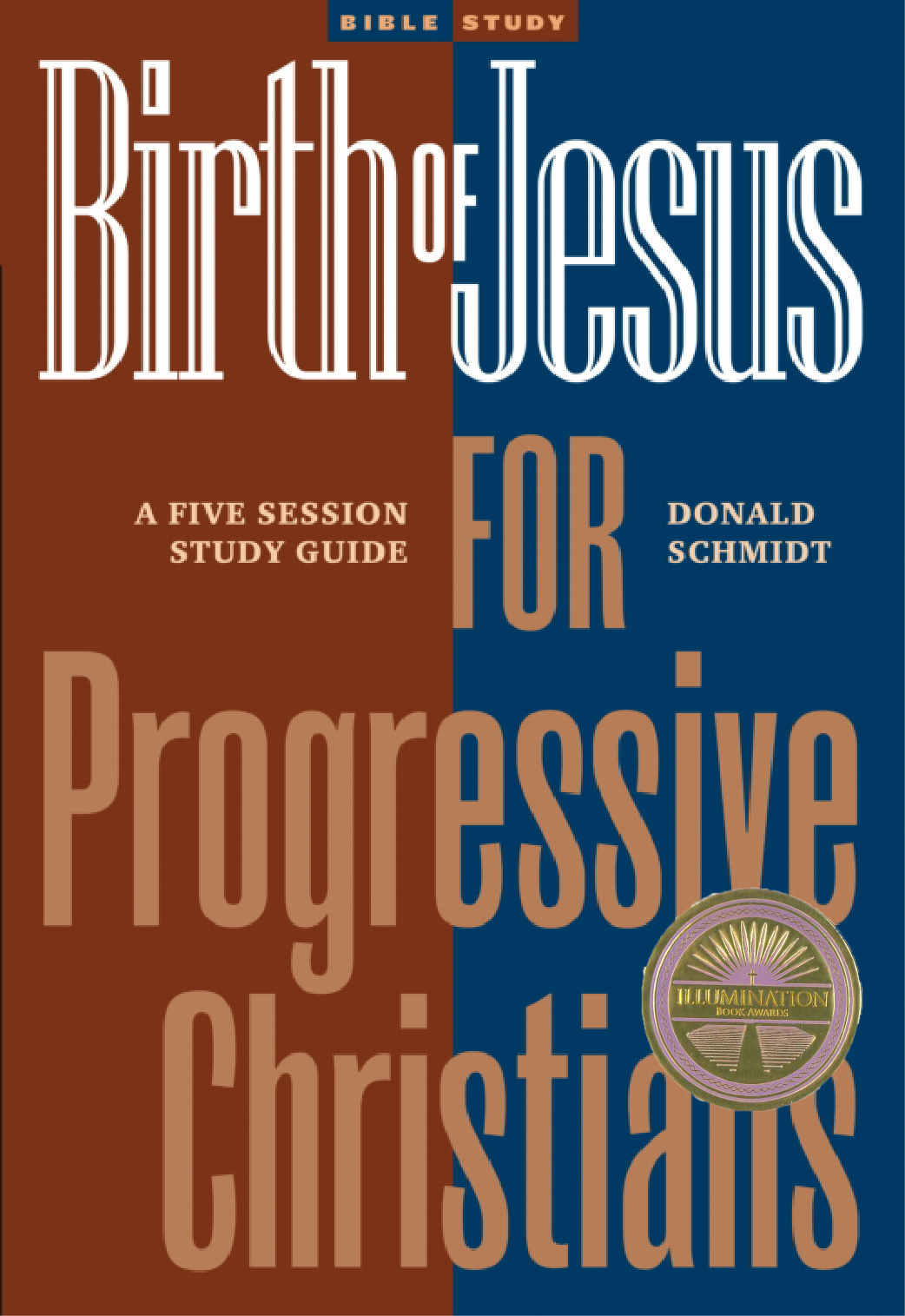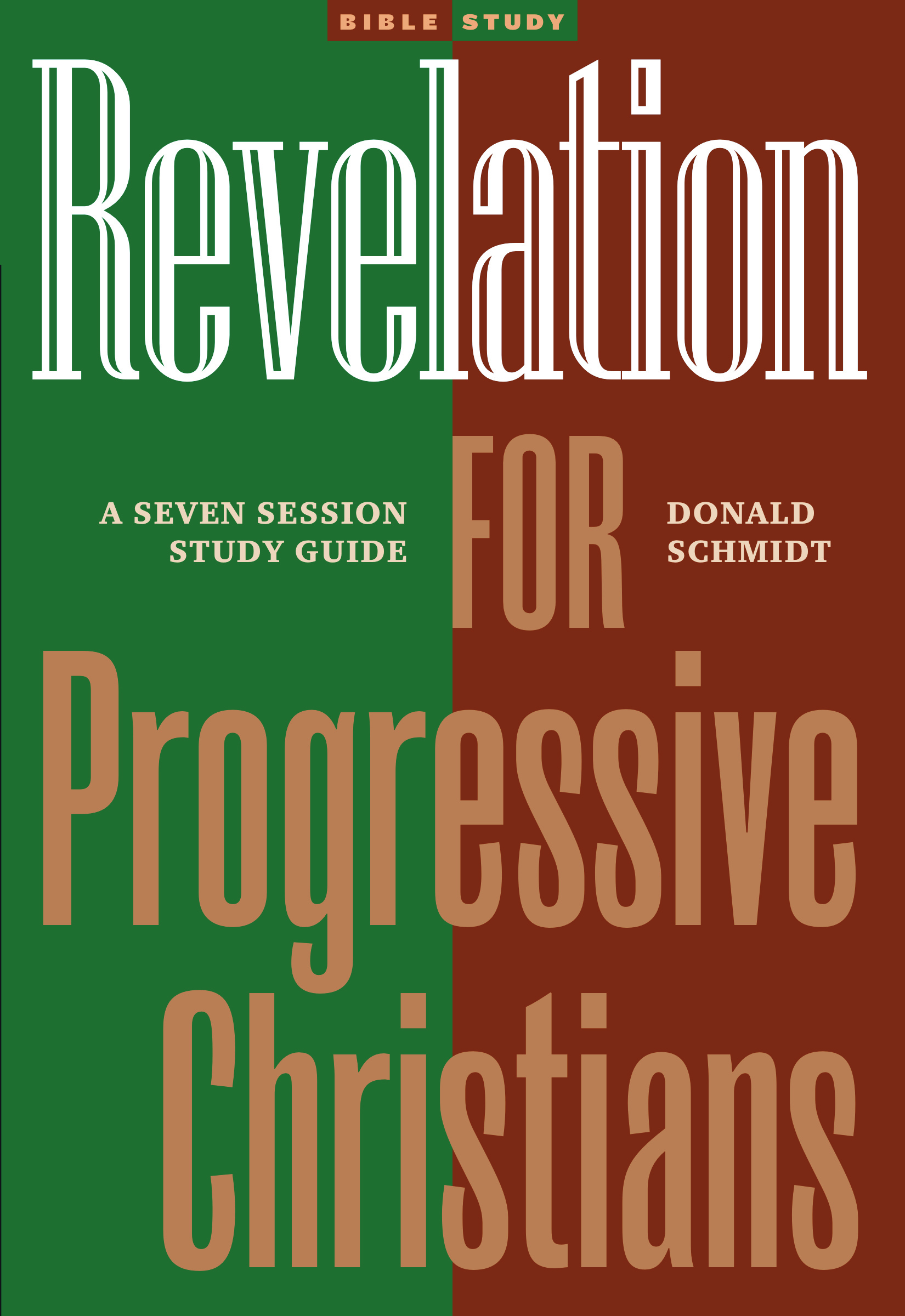
Death of Jesus for Progressive Christians
A Five Session Study GuideDonald Schmidt
96 | 5.5" x 8"
Soft
ISBN: 978-1-77343-279-3
"An unbelieved truth can hurt a man much more than a lie. It takes great courage to back truth unacceptable to our times. There’s a punishment for it, and it’s usually crucifixion."
– John Steinbeck, East of Eden
The resurrection of Jesus is, of course, the most important event for Christians, yet the events that led up to it are almost as important. According to all the biblical sources and a wide variety of non-biblical texts, Jesus was put to death because the message he brought threatened the powerful of his era. There are many more nuances than that, of course, and lots of ways one can spin the story to make one’s point, but the simplest truth is that the gospel message was too toxic for the imperial stomach to bear.
While exploring the biblical stories about the death of Jesus, it is good to ask the larger question hanging in the background of all this drama: Why did Jesus die?
In his book Speaking Christian, Marcus Borg points out that the idea of substitutionary atonement – the idea that Jesus had to die to “atone” for our sins – is a late development in theological history; its first appearance is in 1097, a thousand years after the writing of the Christian Bible. Borg points out that the meaning of Jesus’ death becomes distorted if one assumes that it was necessary and required.
Contrary to atonement theory, scripture provides stronger responses to the question of why Jesus died. His message was revolutionary and a threat to the religious and political powers of the day. Talk of loving one’s neighbours, of treating people as if they matter, of seeking forgiveness and new ways of being accountable to one another – these values do not encourage faithfulness to empire. Jesus’ message was directly counter to the values that the government promoted. For them, there was no question but that Jesus had to be extinguished…
Similarly, the religious powers found their established order threatened. Jesus’ theme of God’s involvement in the world on behalf of the marginalized (specifically, foreigners, women, tax collectors, children, etc.) was a major challenge to the religious order of the day. It had to be stopped…
Donald Schmidt, Author

Donald Schmidt has had a love for his Creator, for Jesus Christ, and for ministry in the Christian church for many years. He holds MDiv and DMin degrees in theology and Jewish studies. He has been in active ministry in a variety of churches in both Canada and the United States for almost 40 years. He is the author of eight volumes (and counting) of the award winning “for Progressive Christians” series of Bible studies. In his spare time he likes to work with wool – knitting, spinning, and weaving. He lives in British Columbia with his husband, Kevin.
Media Reviews
Ralph Milton
Bestselling Author"Combine a fertile imagination and a wealth of scholarship, and you find a creative and lively resource such as this one. Those who use this study will find their understanding of the gospels enriched and the ancient stories will speak a living "word" into their lives."
Rev. Dr. Brian Thorpe
Former Executive Secretary of (former) BC Conference of the United Church"Donald Schmidt has written an excellent study guide that traces the events in the final week of the life of Jesus. Using Mark as a basis for the story, he very effectively weaves the other gospel narratives together into a compelling account of human tragedy and hope. This guide has been made incredibly accessible to a lay audience without sacrificing the extensive scholarship and research which lies behind its birth. The structure of the guide in its five parts would make it an effective resource for a congregational Lenten study. However, it would also be a helpful aid in individual study of this central piece of the Christian narrative. I have no hesitancy in recommending it to searching souls both within and without the Christian church."










